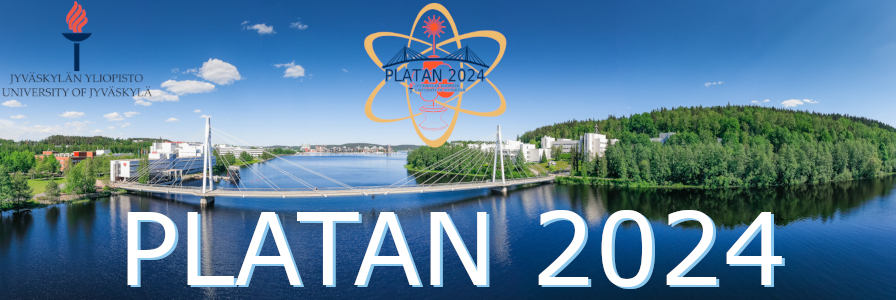Speaker
Description
In recent years resonance ionization mass spectrometry (RIMS) has shown great progress in analyzing individual micrometer-sized samples. Selective laser ionization of elements resolves most of the abundant isobaric interferences in complex matrices, like spent nuclear fuel. In RIMS, laser light is aimed at a neutral atomic cloud sputtered from the sample surface by a pulsed primary ion source comparable to those found on a commercial static Tof-SIMS instrument. This enables an ultra-trace level analysis free of isobaric interferences with minimal sample consumption.
However, analyses thus far have been limited to measuring isotopic ratios within one element. Ratios of isotopes between elements have been challenging as each element is ionized by separate lasers. Recent improvements to the measurement routine on the Laser Ionization of Neutrals (LION) instrument at the Lawrence Livermore National Laboratory (LLNL, USA) now allows the study of interelemental ratios.
We present the first comprehensive study of elemental ratios from spent nuclear fuel samples by RIMS. This provides increased insight into the sample’s history compared to isotopic ratio measurements alone. For example, the ratios of U/Pu and U/Zr allow a better fuel type determination. If the sample origin is known, elemental ratios allow for studying differences due to fuel type, burnup, and sample location within the reactor in great detail. Particularly, the “edge-effect” (where fission and neutron capture are significantly enhanced at the edge of a fuel pellet relative to the center of the same pellet) can be quantified.
This work was performed under the auspices of the U.S. Department of Energy by Lawrence Livermore National Laboratory under Contract DE-AC52-07NA27344. LLNL-ABS-861692
